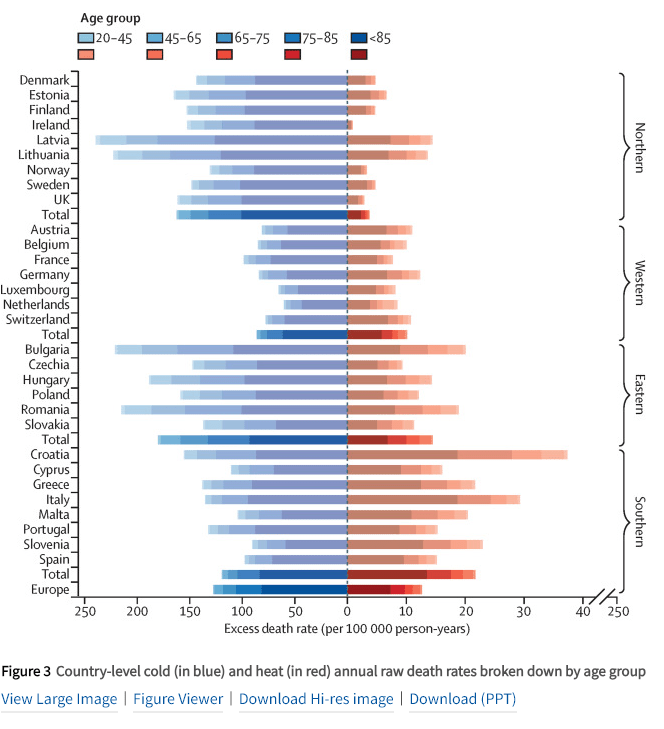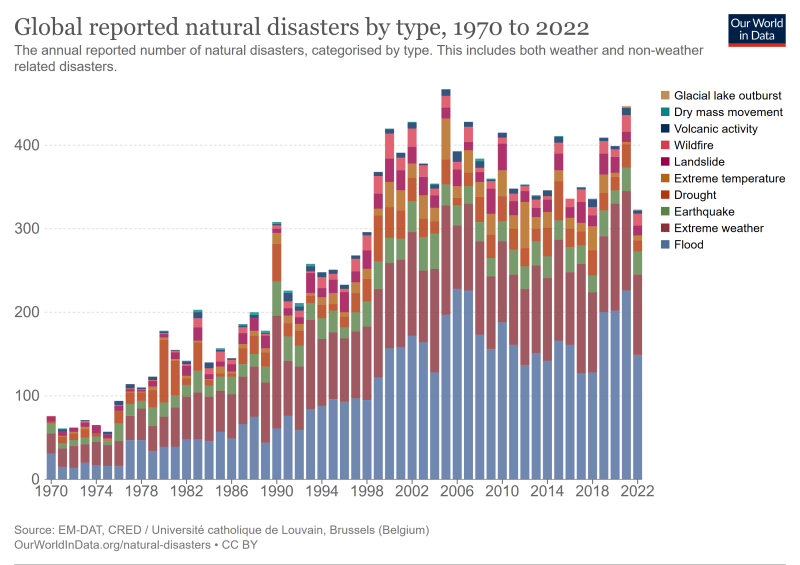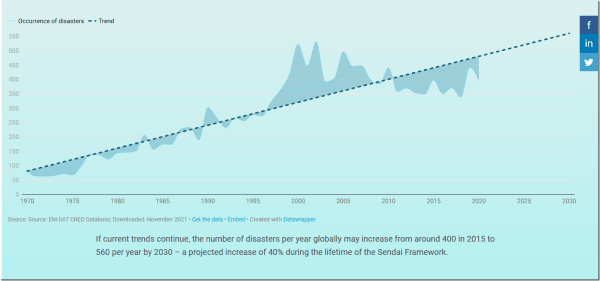SwinnyGG
Mechanical
- Jan 22, 2016
- 2,580
rb1957 said:surely a key finding is that cold is significantly more deadly than heat
Uhhhh yeah. That's what every single chart says, that's what every single description says, thats what the entire report says.
And a bunch of people are in here complaining about how the report doesn't clearly say that heat is apparently less dangerous than cold in this part of Europe, when the report says it very clearly about 25 times.

![[pipe] [pipe] [pipe]](/data/assets/smilies/pipe.gif)


